Home>Home Maintenance>In California, Who Pays For Termite Inspection: Buyer Or Seller?
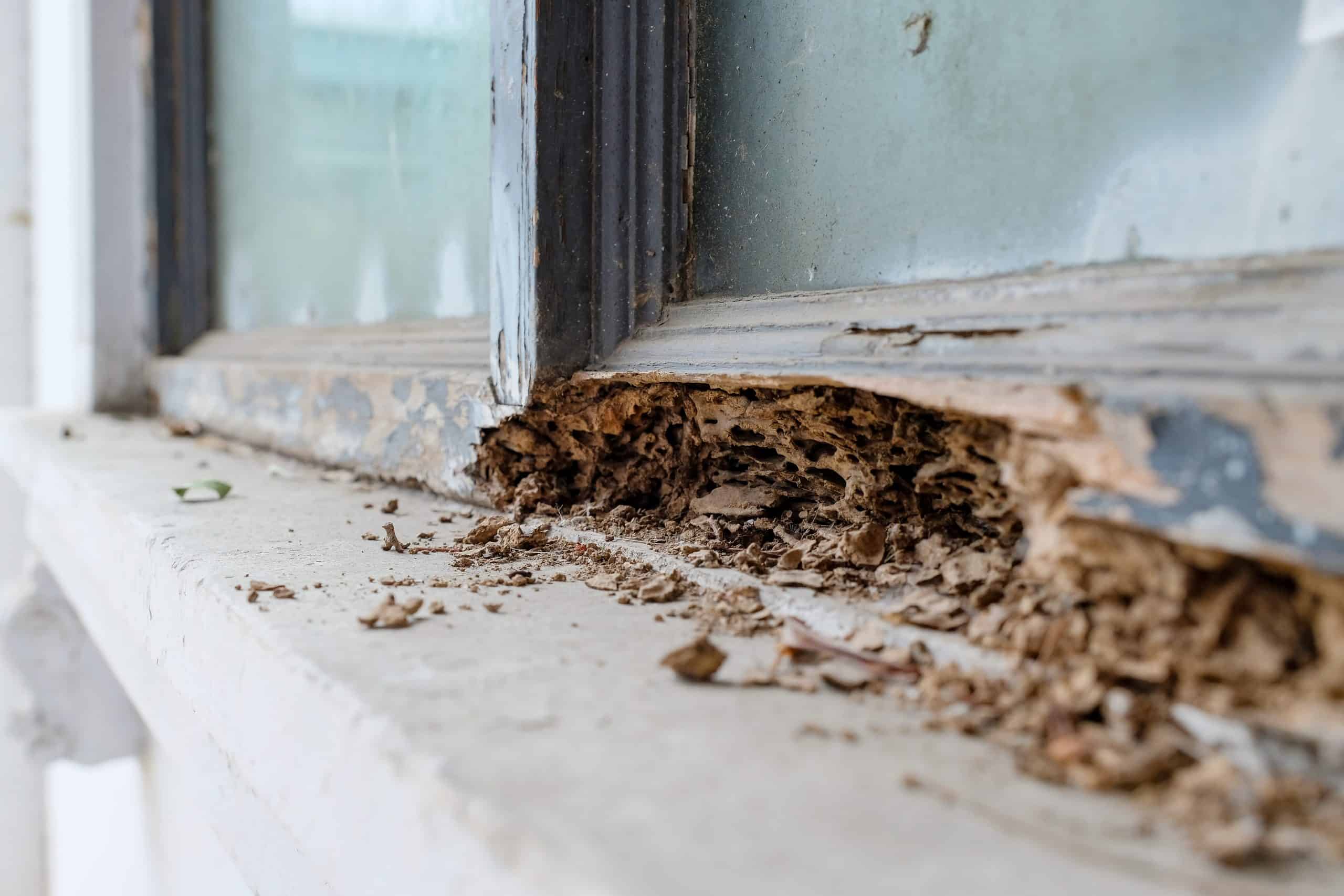

Home Maintenance
In California, Who Pays For Termite Inspection: Buyer Or Seller?
Modified: May 6, 2024
Find out who is responsible for paying for the termite inspection when buying or selling a home in California. Learn more about home maintenance in this article.
(Many of the links in this article redirect to a specific reviewed product. Your purchase of these products through affiliate links helps to generate commission for Storables.com, at no extra cost. Learn more)
Introduction
When buying or selling a home in California, one important aspect that often comes up is the issue of termite inspections. Termites can cause significant damage to a property, making it crucial to identify and address any infestations before a sale is finalized. However, the question of who pays for the termite inspection can be a point of contention between buyers and sellers.
In California, the responsibility for paying for the termite inspection is not set in stone and can vary depending on various factors. It’s important for both buyers and sellers to understand the state’s real estate laws and practices regarding termite inspections to ensure a smooth and fair transaction.
This article aims to shed light on the issue of who pays for termite inspection in California and provide insights into the buyer’s and seller’s responsibilities in the process. By understanding these key points, homeowners can navigate the complexities of termite inspections with confidence and make informed decisions during the buying or selling process.
Stay tuned as we dive into the world of termite inspections in the Golden State and explore the responsibilities of both buyers and sellers when it comes to this critical aspect of home maintenance. By the end of this article, you’ll have a clear understanding of how termite inspections are handled in California and be better equipped to navigate real estate transactions with ease.
Key Takeaways:
- Buyers in California typically pay for termite inspections, but sellers may cover the cost to attract buyers. Both parties should negotiate repairs or credits based on inspection findings for a smooth transaction.
- Understanding local market practices and working with experienced real estate agents is crucial for navigating termite inspection costs in California. Open communication and fair negotiations benefit both buyers and sellers.
Understanding Termite Inspections
Termite inspections are an essential part of the home buying and selling process, particularly in regions prone to termite infestations like California. These inspections are performed by licensed pest control professionals who are trained to identify signs of termite activity and damage.
During a termite inspection, the inspector will thoroughly examine the property for any evidence of termites, including both visible signs and structural damage. They will typically inspect the interior and exterior of the property, including the foundation, walls, roof, attic, and any other areas where termites are known to infest.
Some common signs that an inspector looks for include:
1. Mud tubes: Termites create mud tubes as shelter to travel between their nest and food source. These tubes are often found along the foundation or walls.
2. Wood damage: Termites feed on wood, and their presence can be evident through hollowed-out wood, damaged or sagging floors, or peeling paint.
3. Termite droppings: Known as frass, termite droppings resemble small pellets or sawdust and can indicate an infestation.
4. Swarming termites: Winged termites flying around the property or discarded wings can be a sign of an active termite colony.
Once the inspection is complete, the inspector will provide a detailed report outlining their findings. This report will indicate the presence or absence of termites, any damage observed, and recommendations for treatment or further evaluation if necessary.
It’s important to note that a termite inspection is different from a general home inspection. While a general home inspection covers various aspects of the property, including plumbing, electrical systems, and structural integrity, a termite inspection focuses solely on identifying termites and termite damage.
Understanding the process and purpose of termite inspections is crucial for both buyers and sellers. For buyers, a termite inspection helps assess the condition of the property and any potential termite-related expenses they may be responsible for. For sellers, it provides an opportunity to address any termite issues before listing the property, ensuring a smoother transaction and potentially higher sale price.
In the next section, we’ll delve into the specific laws and practices surrounding termite inspections in California and shed light on who bears the responsibility for paying for these inspections.
California Real Estate Laws and Practices
In California, the laws and practices regarding termite inspections in real estate transactions are governed by the California Civil Code and the California Association of Realtors (CAR). These regulations aim to protect both the buyers and sellers and ensure transparency in the home buying process.
According to California law, sellers are required to disclose any known material defects in the property, including termite infestations and damage. This means that if the seller is aware of an existing termite problem, they are legally obligated to disclose this information to potential buyers.
However, the responsibility for paying for the termite inspection is not explicitly addressed by California law. In practice, it is common for the buyer to request a termite inspection as part of their due diligence during the home buying process. The buyer will typically hire a licensed pest control professional to conduct the inspection and provide a detailed report.
While there is no legal requirement for the seller to pay for the termite inspection, it is not uncommon for sellers to cover this cost as a gesture of good faith and to attract potential buyers. In some cases, sellers may even obtain a termite inspection report before listing the property to demonstrate its condition to prospective buyers.
However, it’s essential to note that even if the seller chooses to pay for the termite inspection, it does not absolve them of their obligation to disclose any known termite issues. Buyers should still carefully review the inspection report and consult with their real estate agent or attorney to ensure they have a complete understanding of the property’s condition.
Furthermore, buyers have the right to negotiate the terms of the sale, including who will pay for the termite inspection. This negotiation often occurs during the purchase agreement process, where both parties can discuss and agree on the details of the transaction, including any costs associated with inspections and repairs.
It’s important for both buyers and sellers to work with experienced real estate agents who are familiar with the local market and can provide guidance on how termite inspections are typically handled in their area. Additionally, buyers may consider requesting a pest control clearance from the seller, which ensures that the property is free from termites and other wood-destroying organisms at the time of sale.
In the following sections, we’ll explore the responsibilities of both buyers and sellers when it comes to termite inspections and discuss ways to negotiate the costs associated with these inspections.
Buyer’s Responsibilities
As a buyer in a California real estate transaction, it’s essential to understand your responsibilities regarding termite inspections. While the specific obligations may vary depending on the terms of the purchase agreement and negotiations with the seller, here are some general guidelines to consider:
1. Requesting a Termite Inspection: Typically, it is the buyer’s responsibility to initiate the request for a termite inspection. This is done during the due diligence period, which is the window of time provided for the buyer to thoroughly inspect the property and gather information about its condition. It is advisable to hire a licensed pest control professional to conduct the inspection.
2. Reviewing the Inspection Report: Once the termite inspection is complete, carefully review the inspection report provided by the pest control professional. Pay close attention to any evidence of termite infestation, damage, or recommendations for further evaluation or treatment. Seek clarification from the inspector or consult with a real estate agent or attorney if needed.
3. Conducting Additional Inspections: In some cases, the termite inspection may uncover issues that require further evaluation, such as structural damage or extensive termite activity. As a buyer, it is your responsibility to decide whether to pursue additional inspections, such as hiring a structural engineer or a general contractor to assess the extent of the damage and any necessary repairs.
4. Seeking Remedies or Negotiating Repairs: If the termite inspection reveals significant termite activity or damage, it is important to consider the potential costs and remedies. You have the option to negotiate with the seller for repairs or financial compensation based on the findings of the inspection report. This negotiation is typically done through your real estate agent and may involve requesting repairs, a credit towards closing costs, or a reduction in the purchase price.
5. Considering Long-Term Pest Control: Even if the property is deemed free of termites at the time of the inspection, it is wise to consider long-term pest control measures. Consult with the pest control professional or specialized companies to discuss preventive treatments or ongoing monitoring to protect the property from future termite infestations.
Remember, as a buyer, it is crucial to thoroughly understand the condition of the property, including any termite-related issues, before proceeding with the purchase. Working closely with a knowledgeable real estate agent and conducting due diligence during the inspection process can help ensure a smooth and informed transaction.
In the next section, we will explore the responsibilities of the seller in relation to termite inspections and discuss how costs can be negotiated between the buyer and seller.
In California, the buyer typically pays for the termite inspection, but this can be negotiated between the buyer and seller during the home buying process.
Seller’s Responsibilities
As a seller in a California real estate transaction, there are certain responsibilities regarding termite inspections that you should be aware of. While the specific obligations may vary depending on the terms of the purchase agreement and negotiations with the buyer, here are some general guidelines to consider:
1. Disclosure of Known Termite Issues: As a seller, it is crucial to disclose any known termite issues to potential buyers. California law requires sellers to disclose any material defects in the property, including termite infestations and damage. This disclosure should be made in writing and provided to the buyer during the transaction process.
2. Obtaining a Termite Inspection Report: While not required by law, it can work in your favor as a seller to obtain a termite inspection report before listing the property. This proactive step can demonstrate the property’s condition and provide peace of mind to potential buyers. It also allows you to address any termite issues upfront and potentially avoid renegotiations or surprises during the transaction.
3. Repairs and Treatments: If the termite inspection reveals termite activity or damage, as a seller, you may be responsible for addressing these issues. It is common for sellers to arrange for repairs or treatments to address the termite problem identified in the inspection report. This can be done by hiring a licensed pest control professional or other qualified contractors.
4. Negotiating with the Buyer: If the termite inspection report uncovers termite-related issues, you have the opportunity to negotiate with the buyer regarding repairs or financial compensation. The negotiation may involve agreeing to complete the necessary repairs before the close of escrow or providing a credit towards closing costs to account for the remediation expenses. Your real estate agent can guide you through the negotiation process and help you reach an agreement that works for both parties.
5. Maintaining Proper Documentation: Throughout the termite inspection process and any subsequent repairs or treatments, it is important to maintain proper documentation. Keep copies of the termite inspection report, receipts for repairs or treatments, and any warranties or guarantees associated with the work performed. This documentation can provide reassurance to the buyer and protect your interests during the transaction.
As a seller, it is crucial to comply with the legal requirements regarding termite disclosures and to act in good faith when addressing any termite-related issues. By being proactive and transparent, you can enhance buyer confidence and facilitate a smoother transaction process.
In the next section, we will discuss how the costs associated with termite inspections can be negotiated between the buyer and seller, ensuring a fair and equitable resolution.
Negotiating Termite Inspection Costs
When it comes to termite inspection costs in a California real estate transaction, it’s common for buyers and sellers to negotiate who will bear the expense. Here are some considerations and strategies for negotiating termite inspection costs:
1. Initial Agreement: The terms of the agreement between the buyer and seller, as outlined in the purchase contract, will play a significant role in determining who pays for the termite inspection. It’s essential to review the contract carefully and understand the agreed-upon terms regarding inspections and repairs.
2. Seller-Paid Inspections: In some cases, sellers may opt to pay for the termite inspection upfront to attract potential buyers and demonstrate the property’s condition. This can be seen as a gesture of good faith and may make the property more appealing to buyers.
3. Request for Repairs or Credits: If the termite inspection reveals termite activity or damage, buyers have the right to request repairs or financial credits to address the identified issues. This negotiation can take place during the inspection contingency period or as part of the purchase agreement.
4. Shared Responsibility: In certain situations, the buyer and seller may agree to split the cost of the termite inspection or repairs. This can be a fair compromise, especially if the inspection reveals minor termite activity or if the parties want to maintain a cooperative atmosphere throughout the transaction.
5. Cost Allocation: Buyers and sellers can discuss and negotiate how the cost of the termite inspection will be allocated in the final transaction. For example, the buyer may agree to pay for the inspection upfront, and the seller can reimburse the buyer for a portion or all of the cost at the close of escrow.
6. Professional Mediation: If the negotiation regarding termite inspection costs becomes contentious or reaches an impasse, it’s advisable to seek the assistance of a professional mediator or involve real estate agents or attorneys to help facilitate a resolution. Mediators can help both parties find mutually agreeable solutions and ensure a fair and equitable outcome.
7. Market Factors: Consider the state of the real estate market and the local norms when negotiating termite inspection costs. In a seller’s market, where demand is high, sellers may have less incentive to cover inspection costs, while in a buyer’s market, buyers may have more leverage to request these expenses be covered.
Remember, each real estate transaction is unique, and the negotiation process can vary. It’s important to maintain open communication and work collaboratively to reach an agreement that is fair and reasonable for both parties. Consulting with a knowledgeable real estate agent or attorney can provide valuable guidance during this negotiation process.
In summary, negotiating termite inspection costs is an integral part of the California real estate transaction. By understanding your rights and responsibilities, engaging in open dialogue, and exploring creative solutions, both buyers and sellers can navigate this aspect of the transaction with confidence and achieve a successful outcome.
Conclusion
Termite inspections play a vital role in the home buying and selling process in California. Understanding the responsibilities of both buyers and sellers regarding termite inspections is key to a smooth and successful real estate transaction.
In California, while there is no specific law dictating who should pay for the termite inspection, it is typically the buyer who requests and pays for the inspection. However, sellers may choose to take the initiative and provide a termite inspection report upfront to make the property more attractive to potential buyers.
Buyers should carefully review the termite inspection report, seek additional evaluations if necessary, and negotiate repairs or credits with the seller based on the findings. It is crucial for buyers to conduct their due diligence and work with a knowledgeable real estate agent to ensure they have a clear understanding of the property’s condition.
Sellers, on the other hand, have the responsibility to disclose any known termite issues and may need to address any termite-related problems identified during the inspection process. By being proactive and transparent, sellers can enhance buyer trust and facilitate a smoother transaction.
Negotiating termite inspection costs is a common practice in California. Buyers and sellers have the opportunity to discuss and agree on who will cover the expenses associated with the inspection. This negotiation can involve various strategies, such as sellers paying upfront, buyers requesting repairs or credits, or a shared allocation of costs.
To navigate these negotiations effectively, it is crucial for both buyers and sellers to work closely with experienced real estate agents who are familiar with local market practices and can provide guidance throughout the transaction.
In conclusion, termite inspections are a critical step in the home buying and selling process in California. Both buyers and sellers must understand their responsibilities, review inspection reports diligently, and negotiate costs fairly. By doing so, all parties can ensure transparency, protect their interests, and create a solid foundation for a successful real estate transaction.
Remember, every real estate transaction is unique, and it’s essential to consult with professionals who can provide personalized advice based on your specific circumstances. With the right knowledge and expertise, you can navigate the complexities of termite inspections with confidence and embark on a new chapter in your homeownership journey.
Now that you've got a handle on termite inspection responsibilities in California, why stop there? If pests are on your mind, check out our next feature, where pest control experts unpack effective strategies for ridding your pantry of moths, a common household nuisance. Keeping your home pest-free is simpler than you might think, and our guides make pest management approachable and practical. Don’t let pests bug you any longer—get the best tips and tricks directly from the pros!
Frequently Asked Questions about In California, Who Pays For Termite Inspection: Buyer Or Seller?
Was this page helpful?
At Storables.com, we guarantee accurate and reliable information. Our content, validated by Expert Board Contributors, is crafted following stringent Editorial Policies. We're committed to providing you with well-researched, expert-backed insights for all your informational needs.
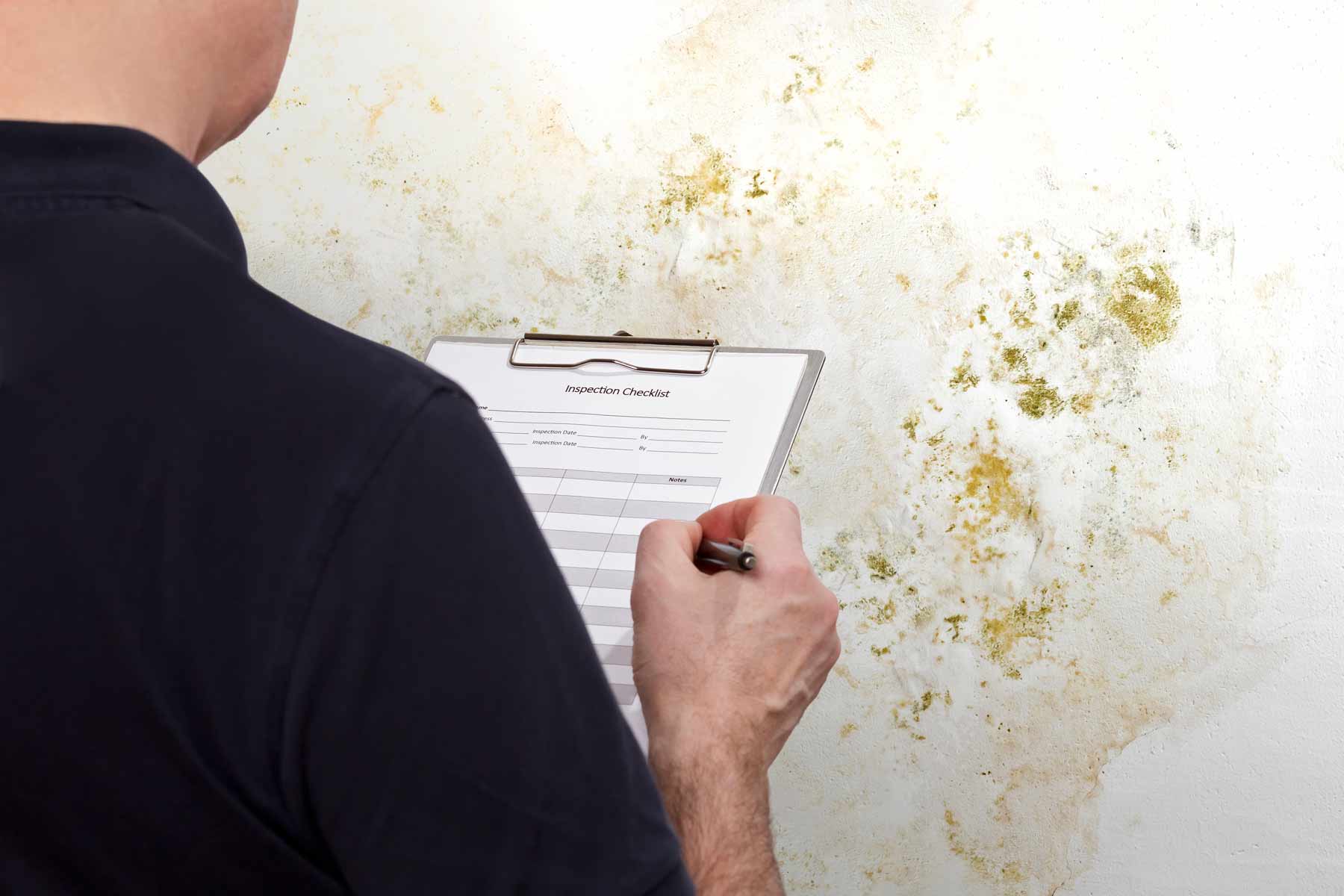
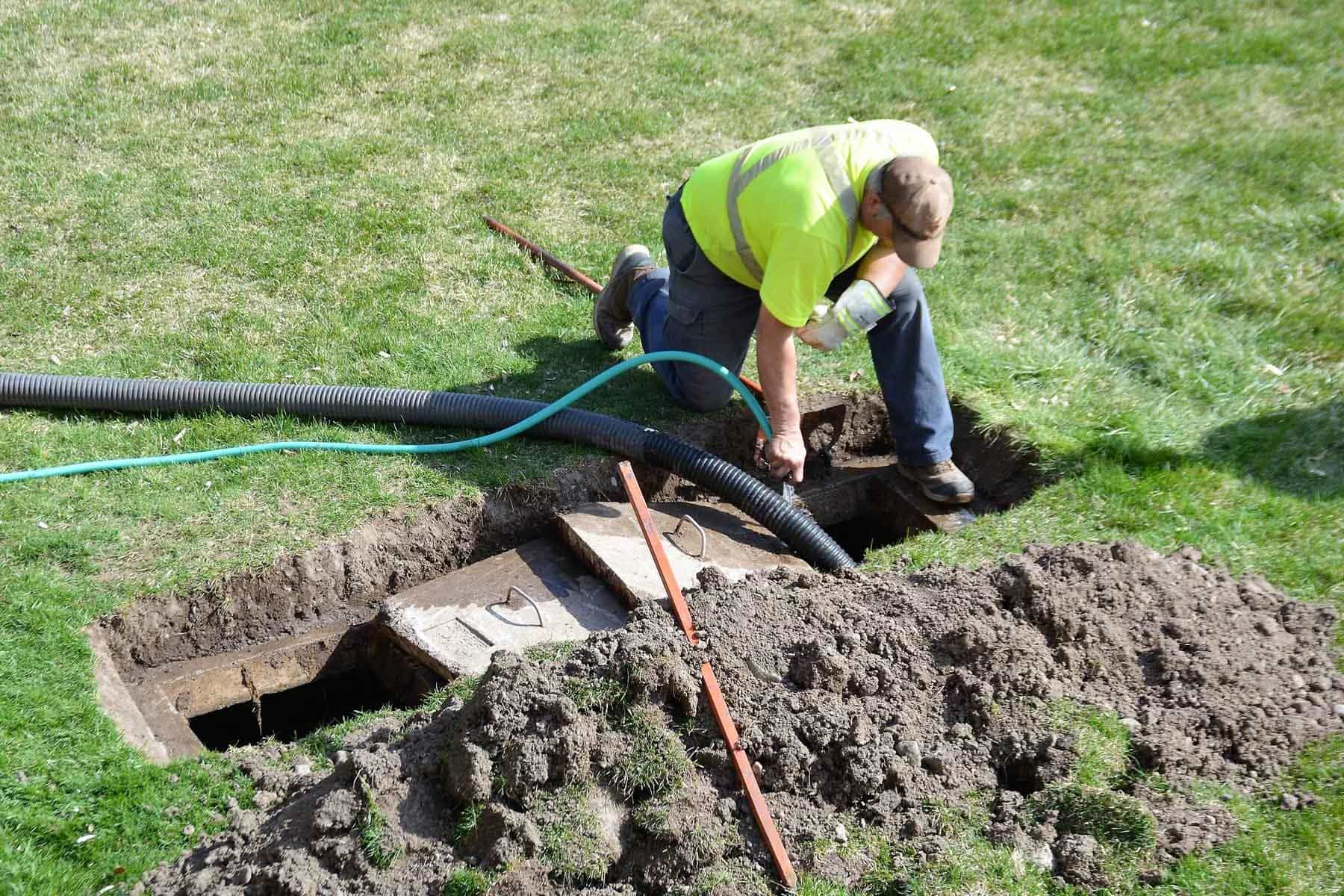



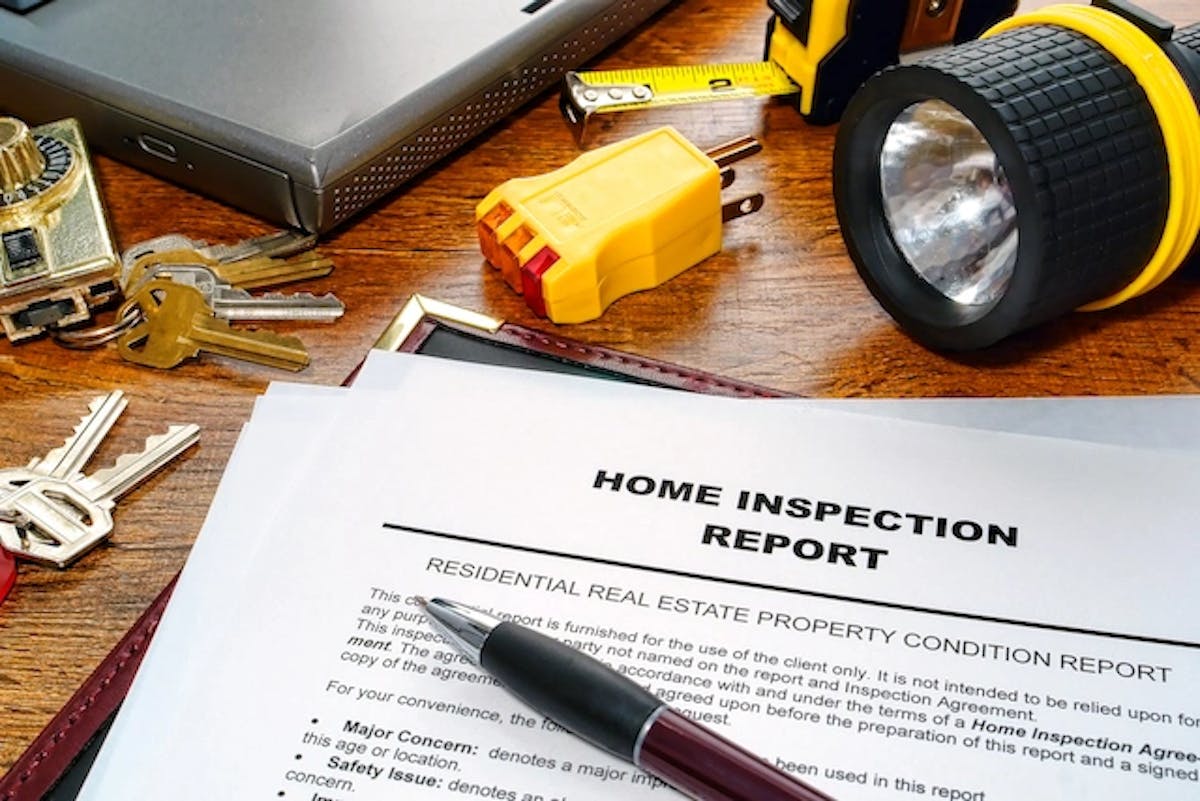


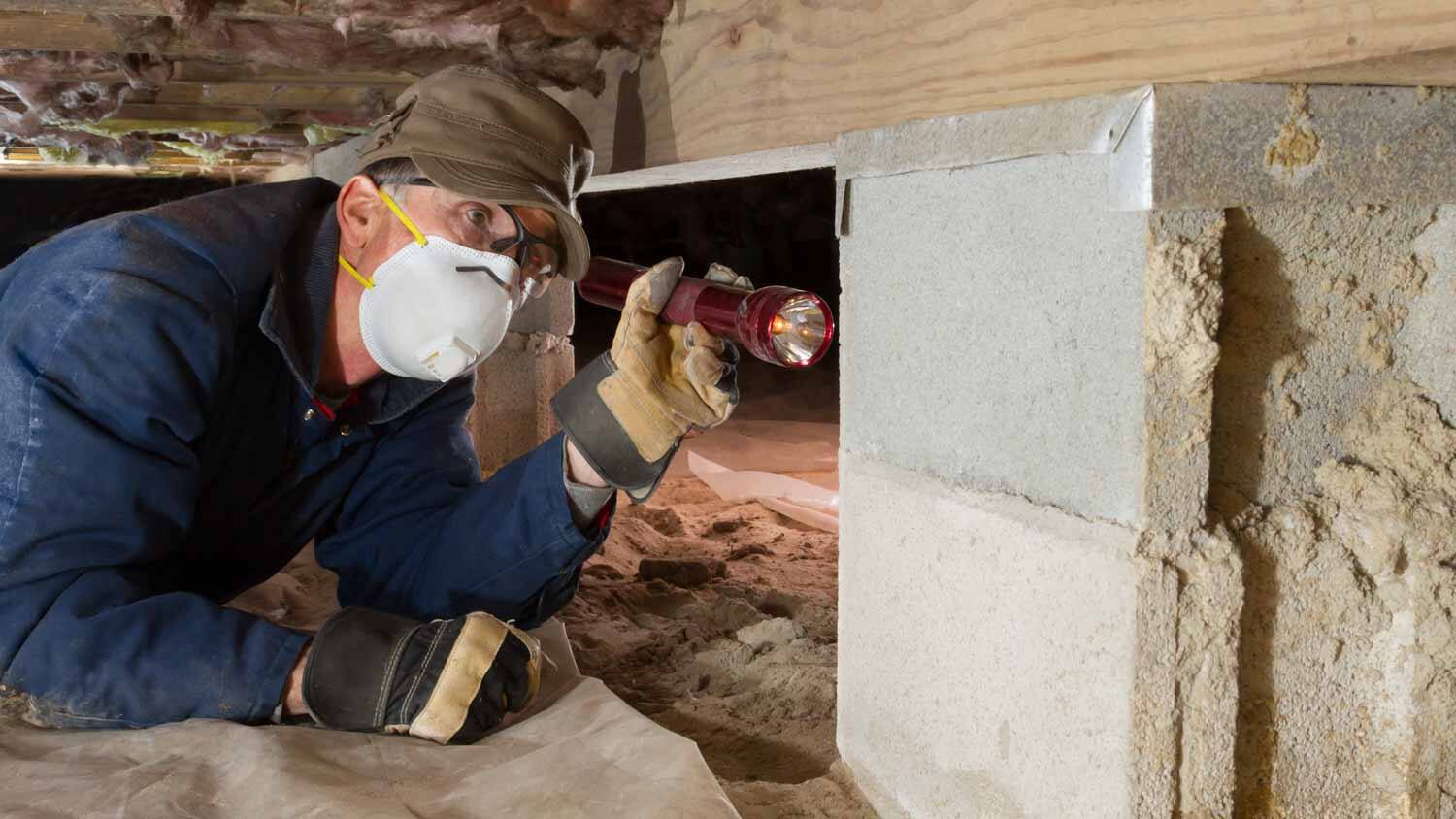



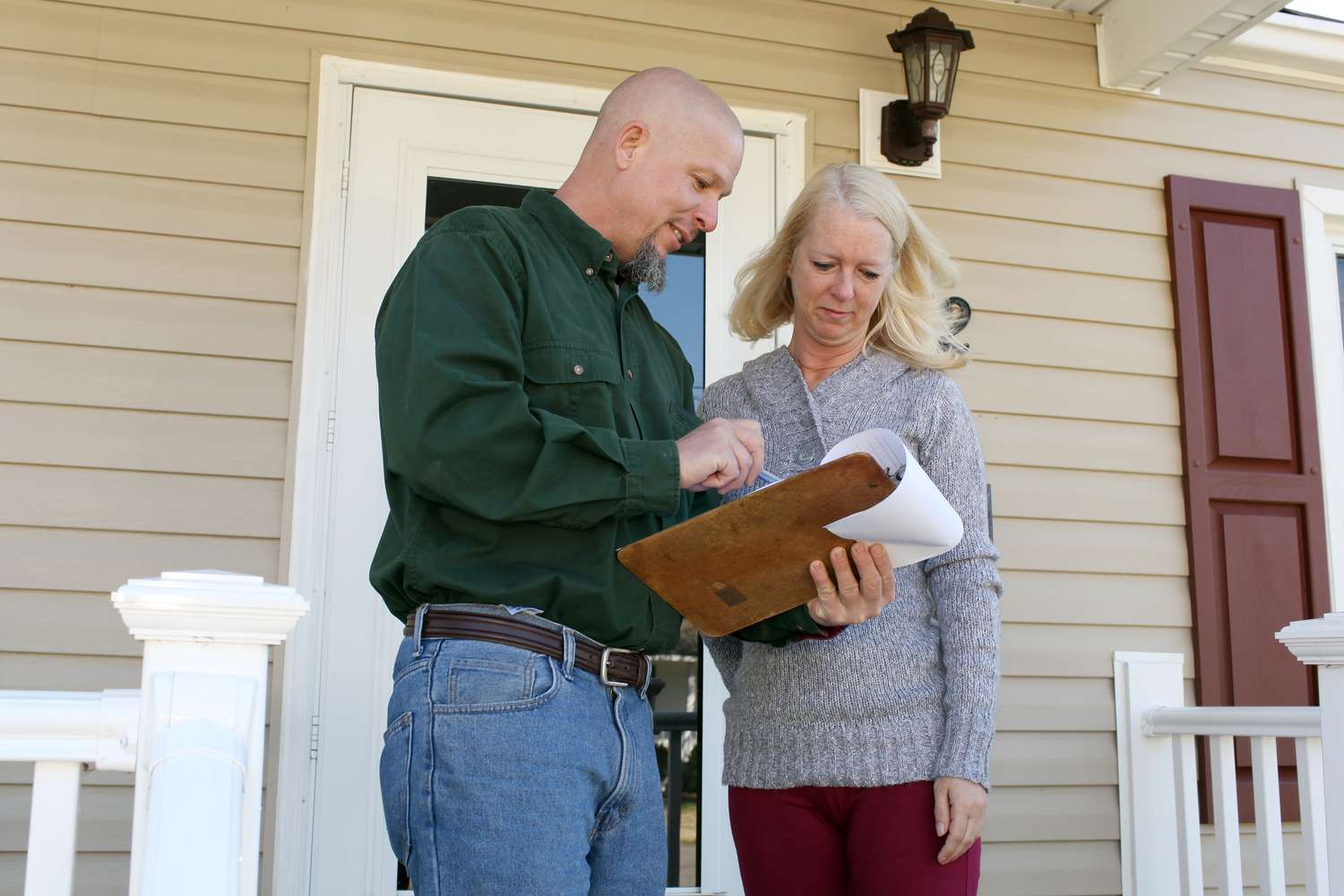
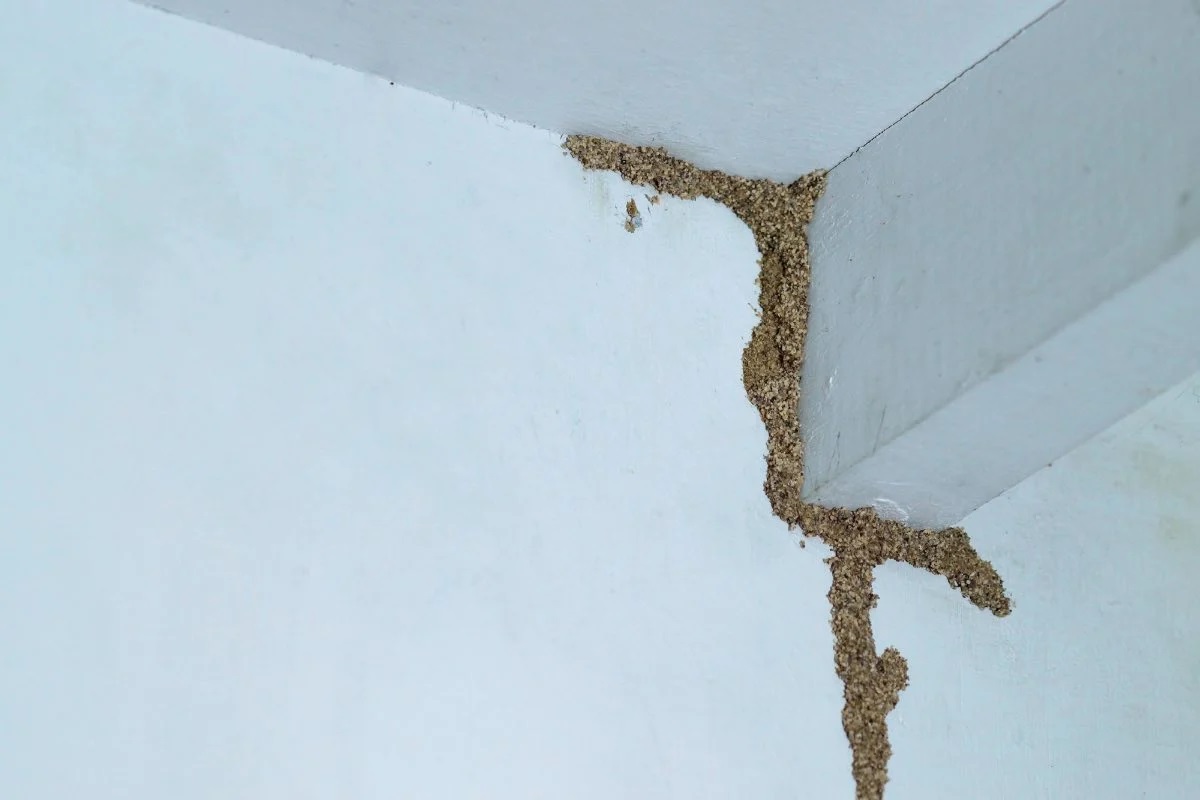

0 thoughts on “In California, Who Pays For Termite Inspection: Buyer Or Seller?”